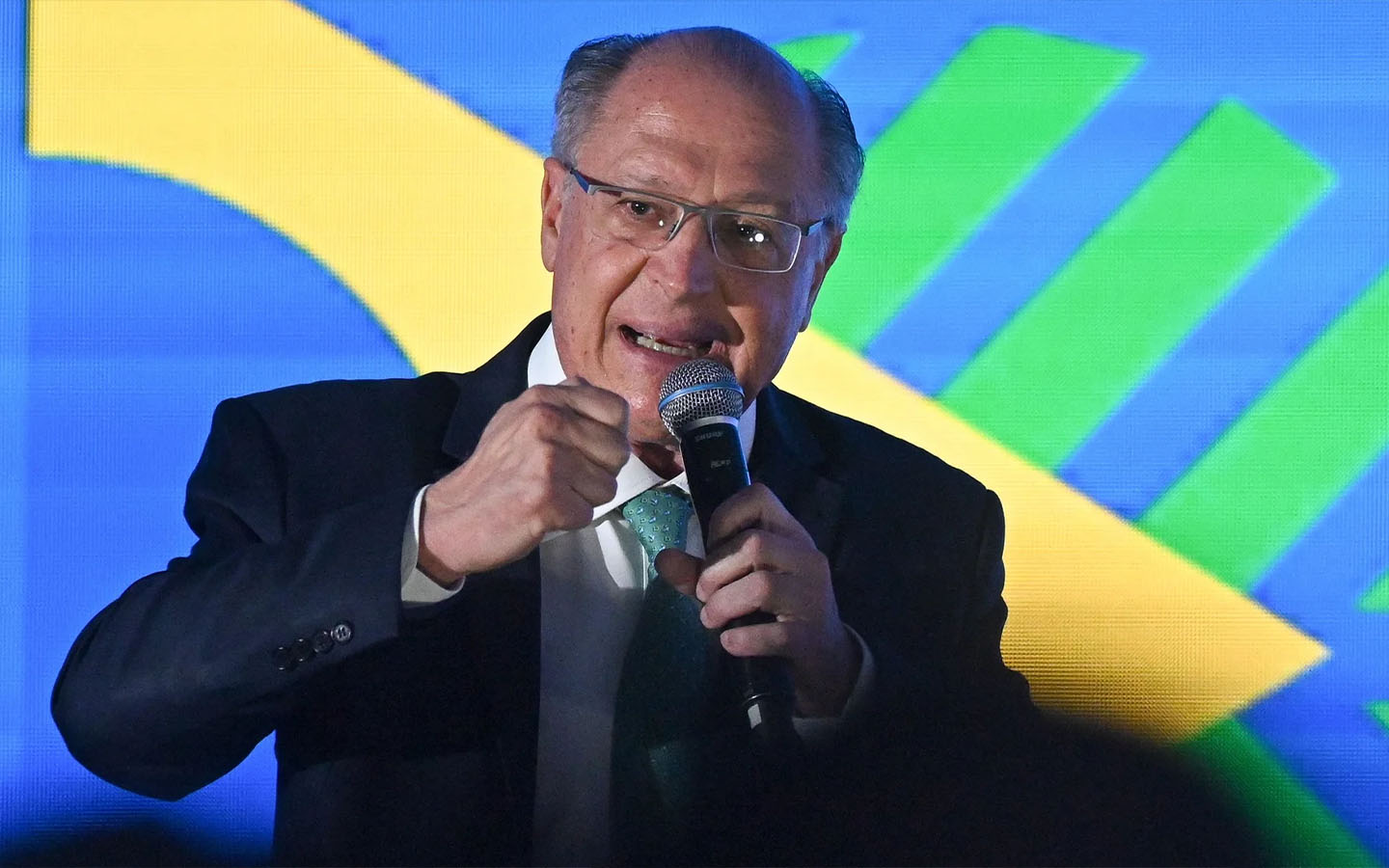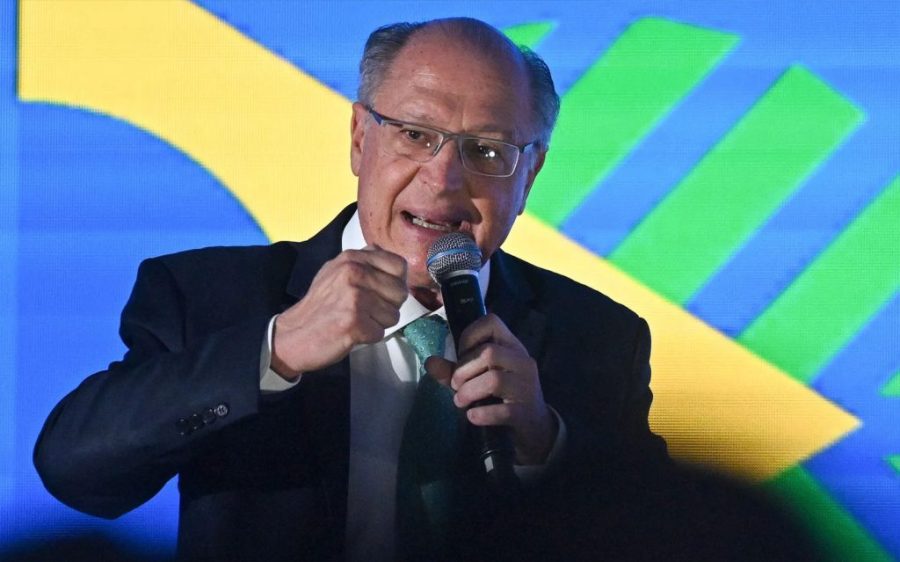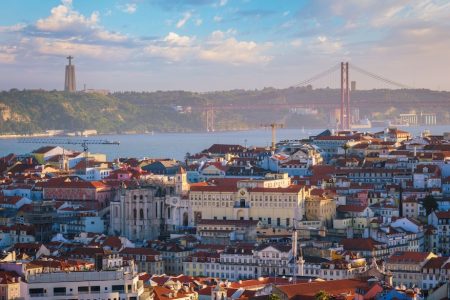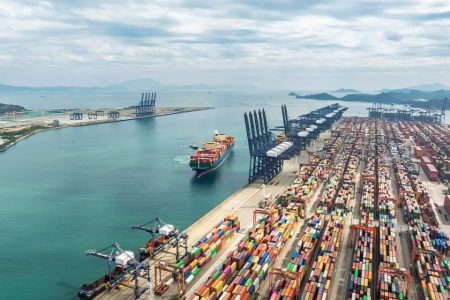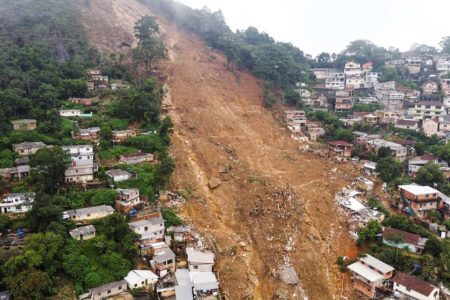Vice President Geraldo Alckmin of Brazil travels to Beijing this Saturday for a week of meetings co-chaired with his Chinese counterpart Han Zheng, according to media reports.
The talks will be part of the first in-person meeting of the Sino-Brazilian High-Level Commission for Consultation and Cooperation (Cosban) in five years, as well as the first since Brazilian President Luiz Inacio Lula da Silva came to power in January 2023. Experts expect the environment to be a central part of the agenda as Brazil reels from the worst climate disaster in its history – a nightmare flood in the country’s south that killed at least 160 people and left more than 629,000 people homeless. Brazilian officials estimate it will cost at least US$3.6 billion to rebuild the infrastructure destroyed in the deluge.
China has “relevant technical information” from its own history with flood disasters it could share, Larissa Wachholz, senior fellow at the Brazilian Centre for International Relations, told the South China Morning Post. Brazil will also be looking for funding for climate finance and projects, like low-carbon agriculture.
[See more: Catastrophic flooding kills dozens in Brazil]
Chinese financing will also be highly sought after for the South American Integration plan, a project to connect Brazil with its neighbours via multiple transnational highways. A connection with Peru is of particular interest as it would connect large soya bean-producing states in northern and midwestern Brazil with the Chinese-built Chancay deep water mega port. Quality infrastructure to transport goods to Chancay will be key to the port’s success.
There are also more sensitive issues to discuss at Cosban, most notably tariffs on Chinese steel. After a six-month investigation revealed that subsidies and artificial price reductions amounted to dumping, Brazil imposed a new 25 percent tax on the commodity. Chile and Mexico have already imposed tariffs in response to the influx of cheap Chinese steel that undercut local producers.
However, Giorgio Romano Schutte of Brazil’s Federal University of ABC – a region south of São Paulo named after the initials of three of its cities – noted that the tariffs imposed by Latin America “are not perceived by policymakers in Beijing as attempts to curb Chinese growth,” unlike imposts by the US or Europe.
